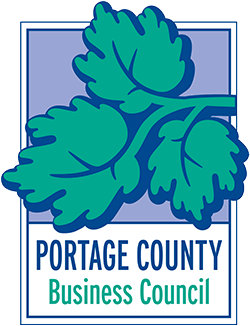“Early detection is the cornerstone of taking care of cancer patients, and it can significantly impact overall outcomes and well-being.”
UPPER PENINSULA, Mich. – Prostate cancer is one of the most prevalent cancers among men, with the American Cancer Society (ACS) estimating that approximately 288,300 men will be diagnosed with the disease this year. Despite these alarming numbers, prostate cancer has one of the highest survival rates among all cancers. Its slow growth and the opportunity for early detection through routine screenings make a significant difference in patient outcomes.
"For the average person, we recommend starting prostate cancer screenings around the age of 50. However, if there is a family history of prostate cancer or if the patient is from an African American background, we advise starting earlier, around 40 to 45 years old,” explains Zuhair Ghanem, MD, Internal Medicine Physician and Oncologist at Aspirus Health.
The primary screening tool for prostate cancer is the prostate-specific antigen (PSA) test, which measures the level of PSA in the blood. Elevated levels may indicate prostate cancer, prompting further evaluation. In conjunction with the PSA test, a digital rectal exam (DRE) may also be performed to detect cancers that might not elevate PSA levels, providing a comprehensive approach to screening.
While prostate cancer screenings are effective, one of the challenges is that the disease often develops without noticeable symptoms. Although some patients may eventually experience signs like pelvic pain, lower back pain, blood in the urine, or difficulty urinating, many remain asymptomatic until the cancer progresses. This reality underscores the vital importance of regular screenings for early detection.
“I wish more men understood the importance of early detection,” Dr. Ghanem emphasizes. “Early detection is the cornerstone of taking care of cancer patients, and it can significantly impact overall outcomes and well-being.”
This Prostate Cancer Awareness Month, prioritize your health by discussing prostate cancer screenings with your doctor. Regular screenings are important, so schedule an appointment with your primary care physician or find one at www.aspirus.org/find-a-provider. Remember, early detection could save your life.
Aspirus Health - Stevens Point Hospital & Clinics
-
Jenn Jenich-Laplander Local Media Contact
- October 18, 2024
- 906-337-6541
- Send Email



